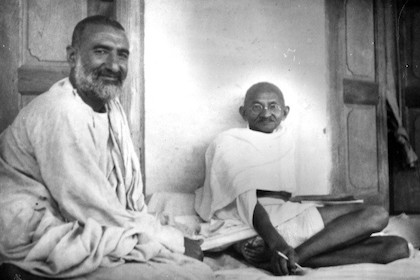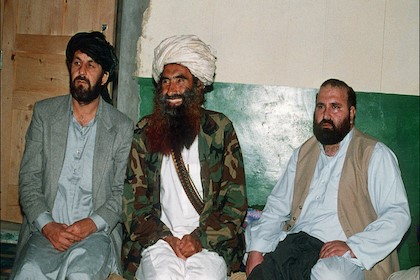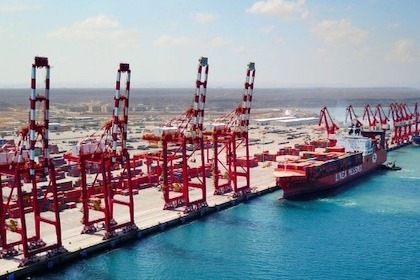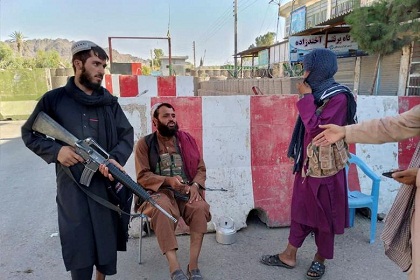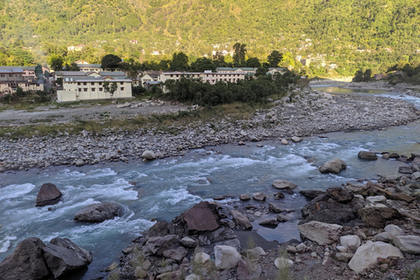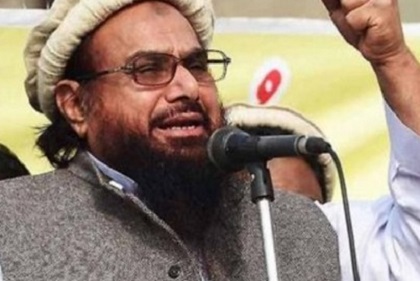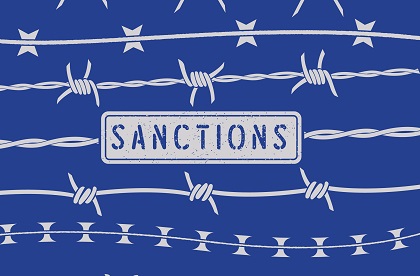The Mahatma and the Badshah
This Gandhi Jayanti we talk about Gandhi’s greatest follower - Khan Saheb Abdul Ghaffar Khan, popularly called Badshah Khan or Frontier Gandhi. His inclusive and humanistic interpretation of Islamic Jihad is important, especially in the context of the ongoing crisis in Afghanistan.

